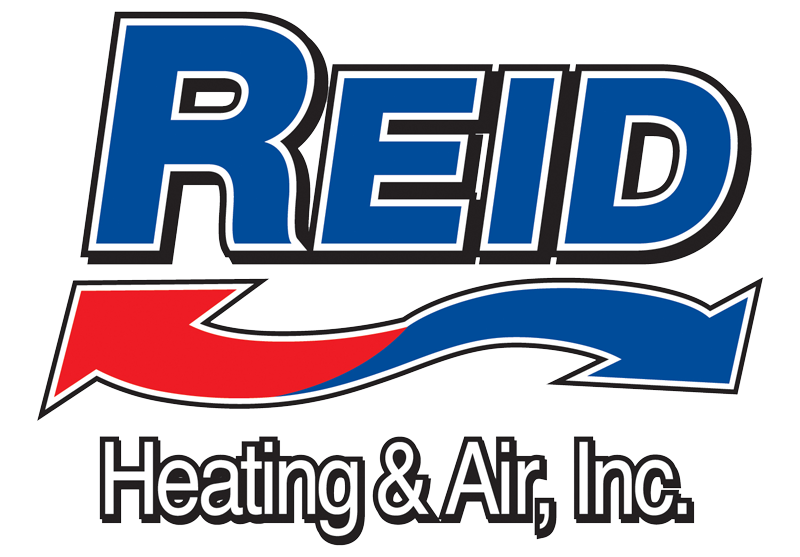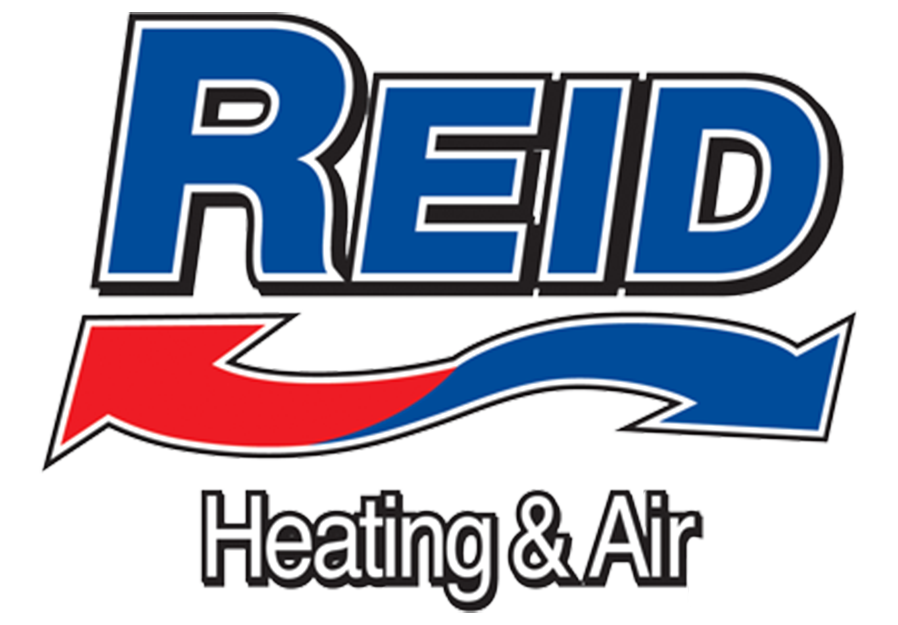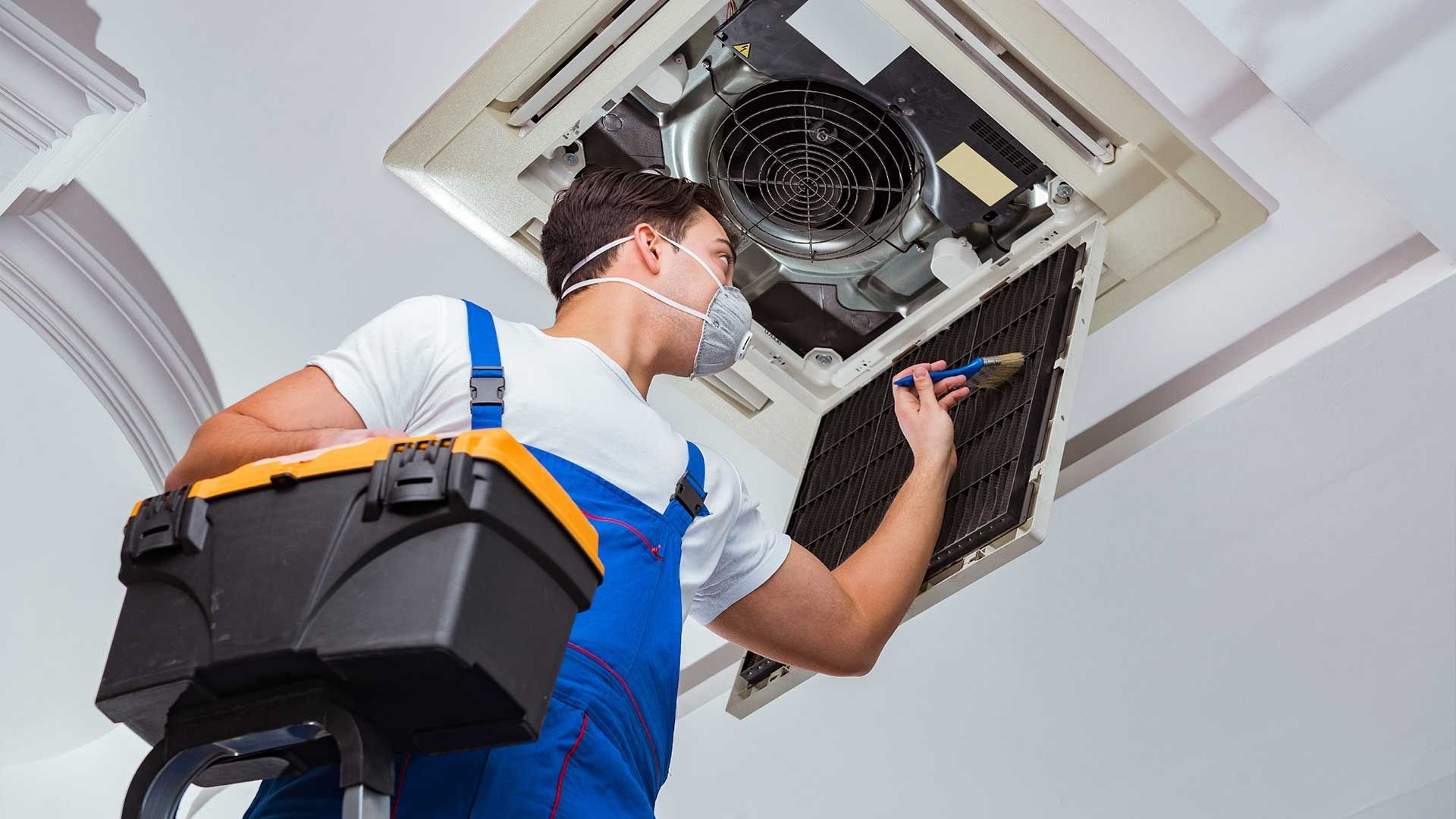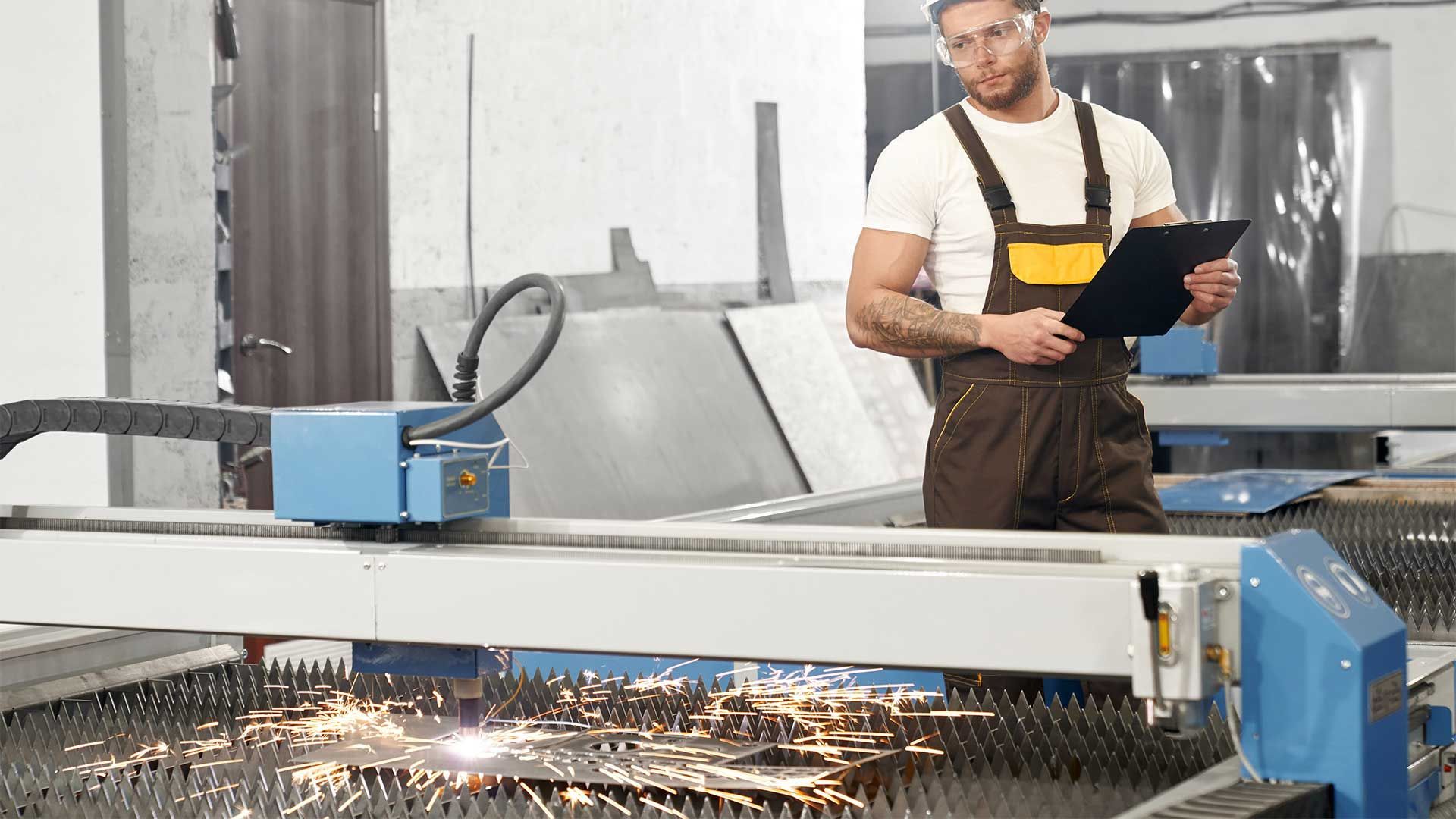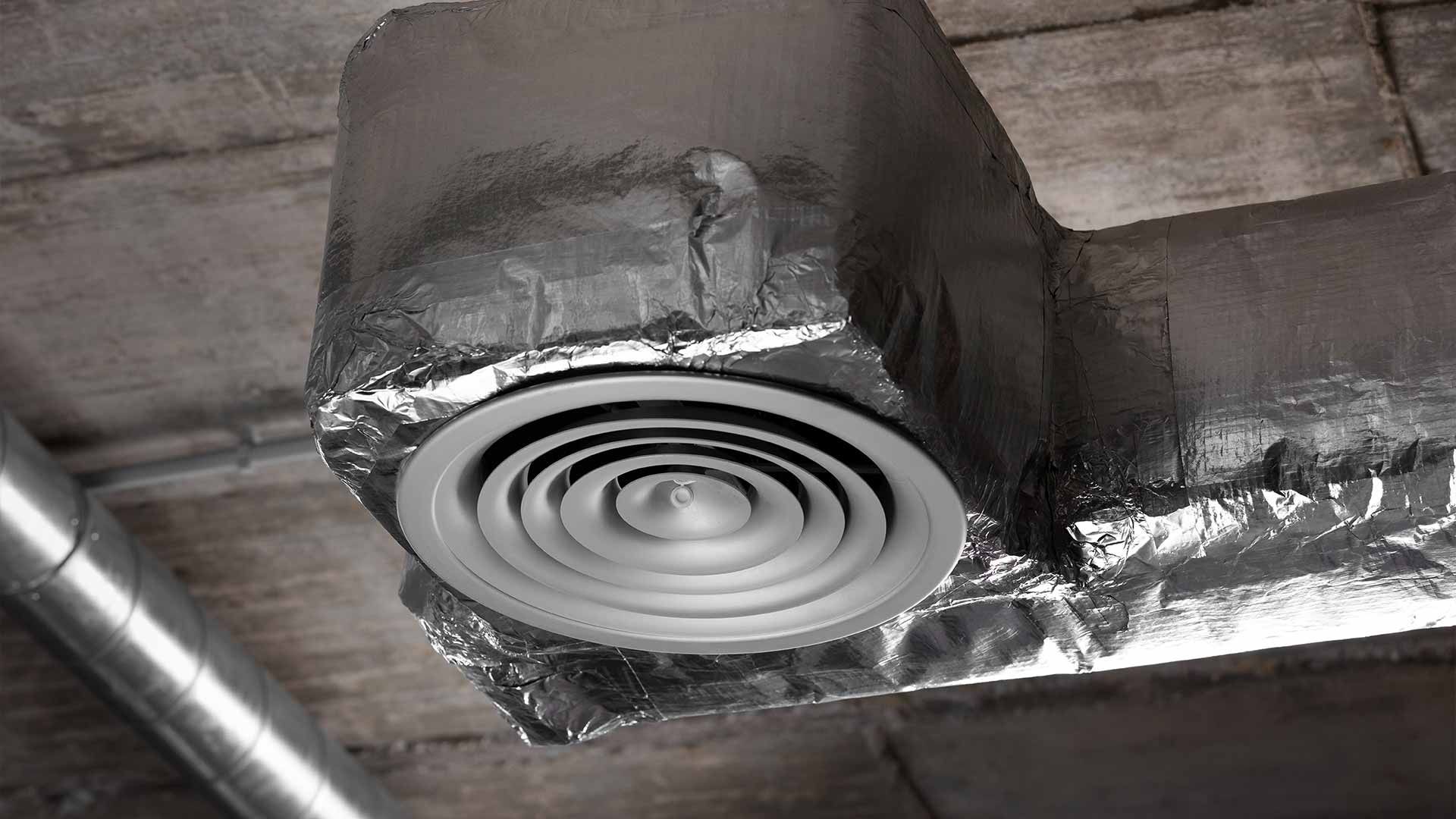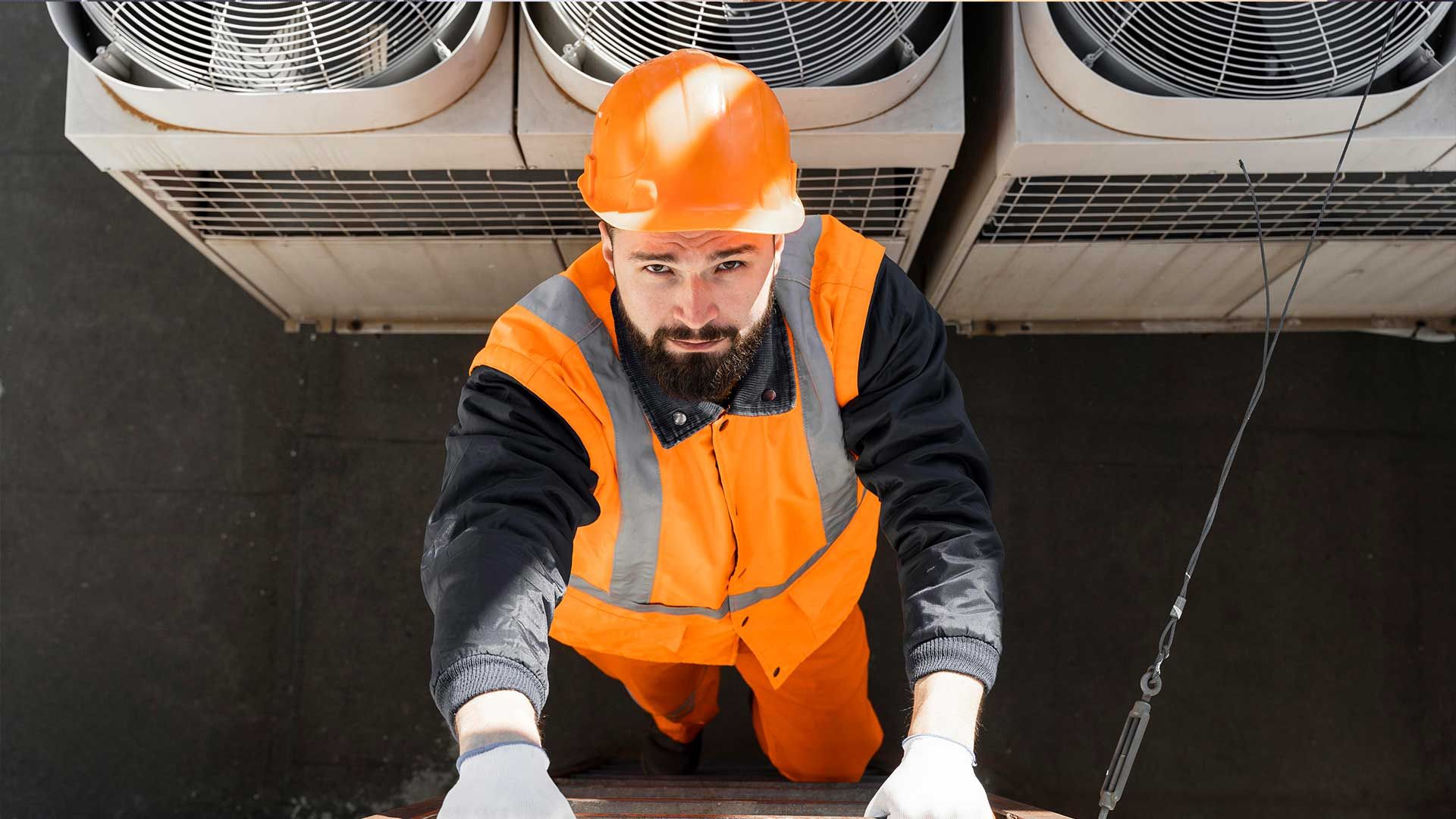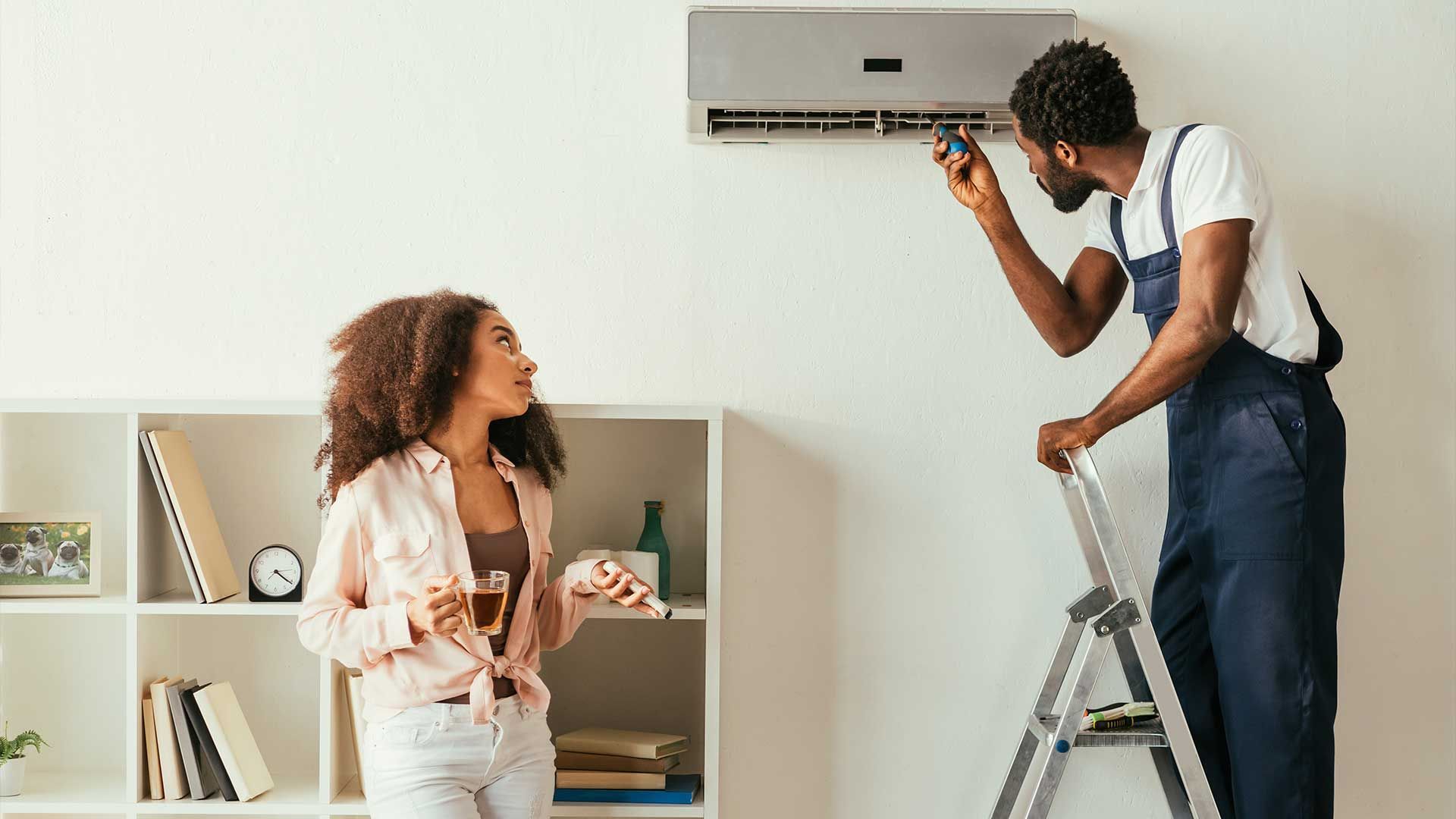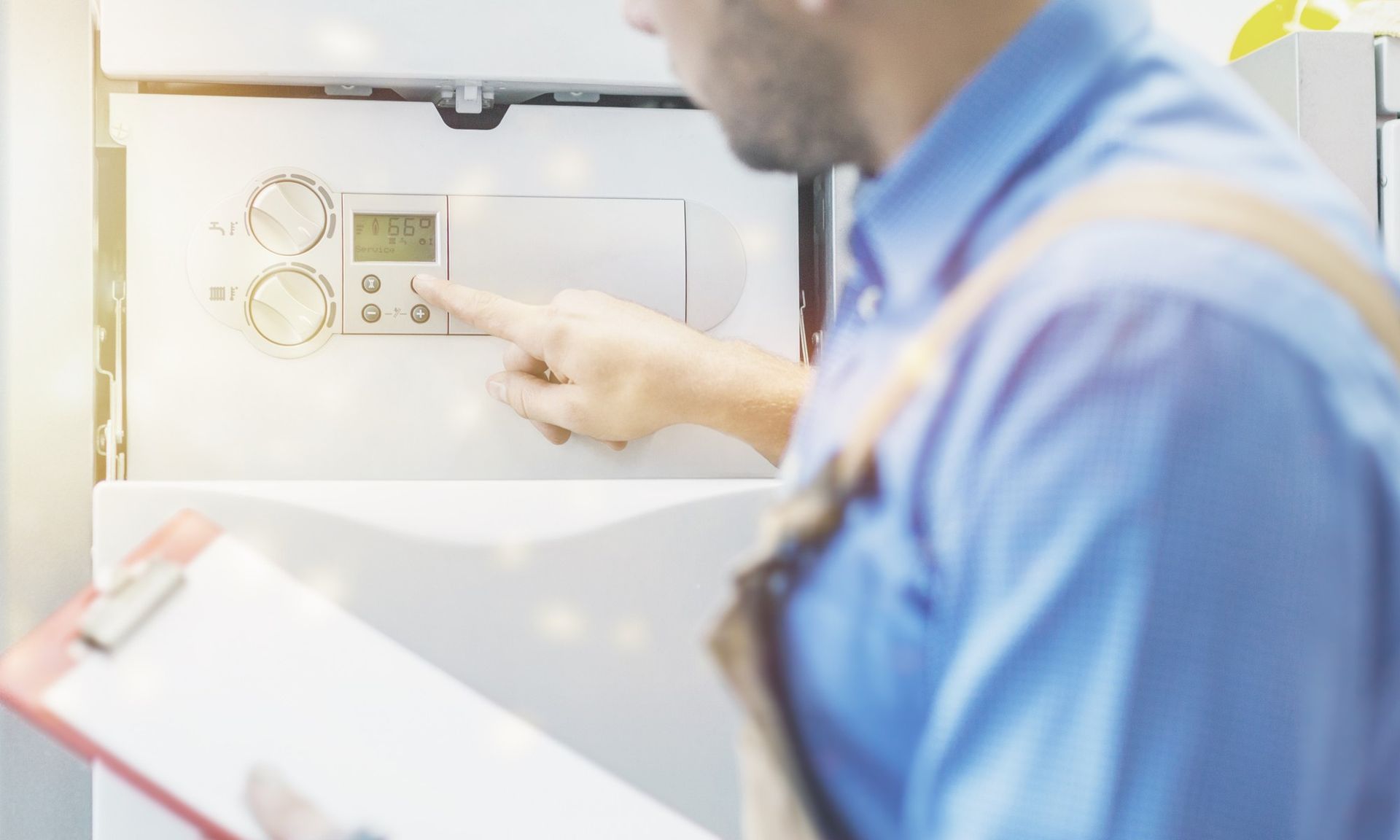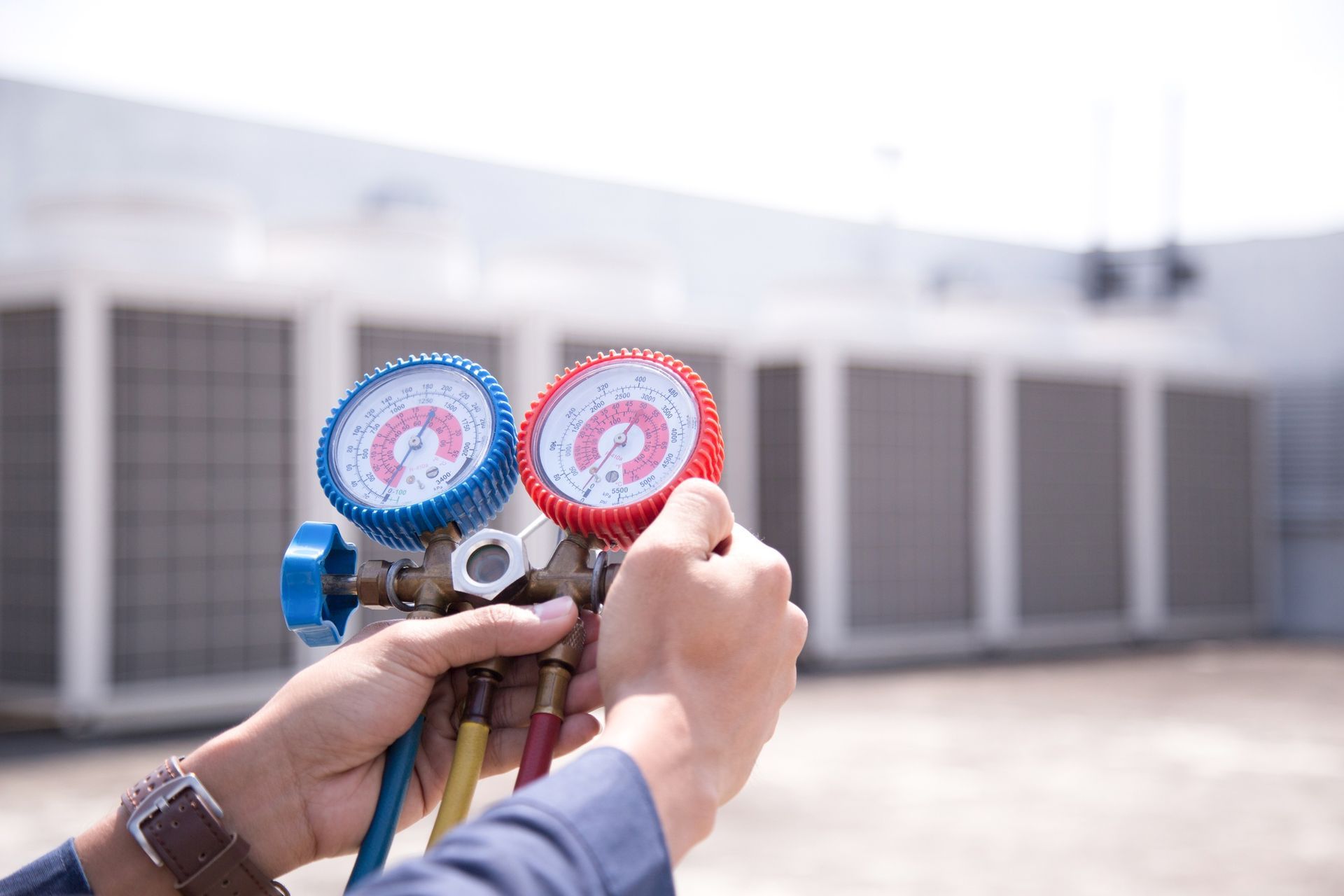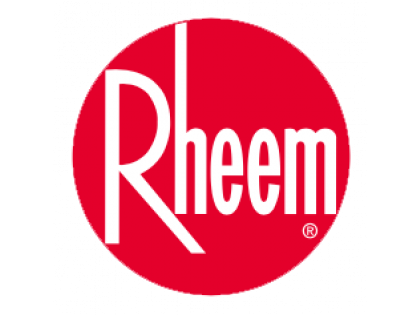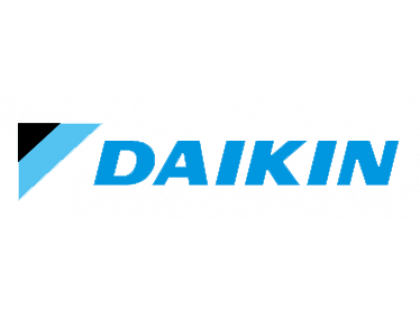Expert HVAC Maintenance: Your Key to Comfort and Energy Savings
Ensuring your HVAC system runs smoothly is crucial for maintaining a comfortable indoor environment and saving energy. HVAC maintenance plays a pivotal role in achieving these goals. From keeping your home warm in the winter to cool in the summer, your HVAC system works tirelessly year-round to maintain optimal temperatures. However, like any other mechanical system, it requires regular maintenance to function efficiently. In this guide, we'll delve into the importance of HVAC maintenance and provide you with expert tips to ensure your system operates at its best. Whether you're a homeowner or a business owner, understanding the basics of HVAC maintenance can help you avoid costly repairs and extend the lifespan of your system. So, let's explore the world of HVAC maintenance and discover how you can keep your indoor environment comfortable while saving on energy costs.
Why HVAC Maintenance Matters
Regular HVAC maintenance is essential for several reasons. Firstly, it helps ensure that your system operates efficiently, reducing energy consumption and lowering utility bills. Additionally, routine maintenance can prolong the lifespan of your HVAC equipment, saving you money on costly repairs or replacements. Moreover, proper maintenance can improve indoor air quality by removing dust, dirt, and other contaminants from the system. This is particularly important for individuals with allergies or respiratory issues. Furthermore, scheduling regular HVAC maintenance can help identify and address minor issues before they escalate into major problems, preventing unexpected breakdowns and ensuring uninterrupted comfort. By investing in HVAC maintenance, you not only protect your investment but also enjoy a more comfortable and healthier indoor environment for you and your family.
What Does HVAC Maintenance Include?
HVAC maintenance typically involves a comprehensive inspection and servicing of various system components. This includes checking and replacing air filters, inspecting ductwork for leaks or blockages, cleaning evaporator and condenser coils, lubricating moving parts, and testing thermostat settings. Additionally, HVAC technicians will assess refrigerant levels, inspect electrical connections, and ensure proper airflow throughout the system. This thorough maintenance process helps identify any potential issues and ensures that your HVAC system operates efficiently and effectively. Regular maintenance also provides an opportunity for technicians to offer recommendations for improving system performance and energy efficiency. Overall, HVAC maintenance encompasses a range of tasks aimed at keeping your system in top condition and
optimizing its performance for long-term reliability and comfort.
Frequency of HVAC Maintenance
One common question homeowners have is how often HVAC maintenance should be performed. While the frequency may vary depending on factors such as the age and condition of the system, it's generally recommended to schedule maintenance at least once a year. Ideally, HVAC maintenance should be conducted in the spring before the cooling season begins and in the fall before the heating season starts. This ensures that your system is prepared to handle the demands of peak usage periods and helps identify any issues before they become more significant problems. However, for older or heavily used systems, more frequent maintenance visits may be necessary to ensure optimal performance and reliability. Consulting with a qualified HVAC technician can help determine the best maintenance schedule for your specific system and needs.
Signs Your HVAC System Needs Maintenance
Homeowners often wonder how to tell if their HVAC system requires maintenance. Several signs indicate that it's time to schedule a service visit with a professional HVAC technician. These include:
1. Reduced Airflow: If you notice weaker airflow from your vents, it could indicate a problem with your HVAC system. Reduced airflow may be caused by dirty filters, ductwork issues, or mechanical problems within the system.
2. Strange Odors: Unusual odors coming from your HVAC system, such as musty or burning smells, could indicate potential issues. These odors may result from mold or mildew growth, overheating components, or other problems that require attention.
3. Loud or Unusual Noises: Unusual noises, such as banging, rattling, or squealing sounds, coming from your HVAC system are often signs of underlying issues. These noises could indicate loose or damaged components, worn-out parts, or other mechanical problems that need to be addressed promptly.
4. Increased Energy Bills: A sudden spike in your energy bills without a corresponding increase in usage could indicate that your HVAC system is not operating efficiently. Regular maintenance helps ensure that your system remains energy-efficient, saving you money on your utility bills.
5. Inconsistent Temperatures: If you experience uneven heating or cooling throughout your home, it may be a sign that your HVAC system needs maintenance. Inconsistent temperatures could be caused by various factors, including clogged air filters, thermostat issues, or ductwork problems.
By paying attention to these signs and addressing them promptly with professional HVAC maintenance, you can keep your system running smoothly and efficiently, ensuring optimal
comfort and energy savings for your home.
Benefits of Regular HVAC Maintenance
Regular maintenance of your HVAC system offers several benefits that contribute to its longevity, efficiency, and overall performance. Here are some key advantages of scheduling routine HVAC maintenance:
1. Improved Energy Efficiency: Regular maintenance helps ensure that your HVAC system operates at peak efficiency. By cleaning and inspecting key components such as coils, filters, and ducts, technicians can remove any buildup or obstructions that may impede airflow or reduce efficiency. This results in lower energy consumption and reduced utility bills.
2. Enhanced Indoor Air Quality: A well-maintained HVAC system helps maintain good indoor air quality by removing dust, allergens, and pollutants from the air. Regular filter replacements and cleaning of ducts prevent the buildup of contaminants, ensuring that your home's air remains clean and healthy for you and your family.
3. Preventive Maintenance: Routine maintenance allows HVAC technicians to identify and address minor issues before they escalate into major problems. By conducting regular inspections and tune-ups, technicians can detect signs of wear and tear, faulty components, or potential malfunctions and take corrective action to prevent breakdowns and costly repairs.
4. Extended Equipment Lifespan: Proper maintenance prolongs the lifespan of your HVAC equipment, saving you money on premature replacements. By keeping all components clean, lubricated, and in good working condition, regular maintenance reduces the risk of premature wear and extends the life of your system.
5. Optimal Comfort: A well-maintained HVAC system provides consistent and reliable heating and cooling, ensuring optimal comfort throughout your home. By addressing issues such as temperature fluctuations, uneven airflow, or thermostat malfunctions, regular maintenance helps maintain a comfortable indoor environment year-round.
Overall, investing in regular HVAC maintenance not only saves you money in the long run but also ensures that your system operates efficiently, reliably, and safely for years to come. Schedule a maintenance appointment with a trusted HVAC provider today to enjoy these benefits and more for your home.
Choosing the Right HVAC Maintenance Plan
When selecting an HVAC maintenance plan for your home, it's essential to consider several factors to ensure you choose the right option that meets your needs and budget. Here are some key considerations to keep in mind:
1. Coverage and Services: Review the details of each maintenance plan to understand what services are included. Ensure that the plan covers essential maintenance tasks such as inspections, tune-ups, cleaning, and filter replacements. Some plans may also offer additional services such as priority scheduling, discounts on repairs, or extended warranties.
2. Frequency of Service: Determine how often the maintenance visits will occur under each plan. While some plans offer biannual maintenance visits (once in the spring and once in the fall), others may provide quarterly or monthly visits. Choose a frequency that aligns with your HVAC system's needs and usage patterns.
3. Cost and Pricing Structure: Compare the costs and pricing structures of different maintenance plans to find one that fits your budget. Consider factors such as the upfront costs, monthly or annual fees, and any additional charges for extra services or repairs. Look for transparent pricing and avoid plans with hidden fees or unexpected costs.
4. Credentials and Reputation: Research the credentials and reputation of the HVAC company offering the maintenance plans. Ensure that they are licensed, bonded, and insured, and check customer reviews and testimonials to gauge their reputation for reliability, professionalism, and customer satisfaction.
5. Flexibility and Customization: Look for maintenance plans that offer flexibility and customization options to tailor the services to your specific needs. Some providers may allow you to add or remove services based on your preferences or offer different tiers of coverage to accommodate different budgets and requirements.
By carefully evaluating these factors and comparing different HVAC maintenance plans, you can make an informed decision and choose the right plan to keep your
HVAC system running smoothly and efficiently year-round.
Conclusion
In conclusion, regular HVAC maintenance is essential for ensuring the efficient operation, longevity, and comfort of your heating and cooling system. By investing in professional maintenance services, you can enjoy improved energy efficiency, extended equipment lifespan, enhanced indoor comfort, and better indoor air quality. Don't wait until your HVAC system breaks down or experiences costly repairs – schedule maintenance with Reid Heating & Air, Inc today and experience the benefits firsthand. For expert HVAC maintenance services, call us at (803) 366-1855 to schedule an appointment and keep your home comfortable year-round.
Frequently Asked Questions (FAQs)
How often should I schedule HVAC maintenance?
Regular HVAC maintenance is typically recommended at least once a year, ideally before the start of the heating and cooling seasons.
What does HVAC maintenance involve?
HVAC maintenance includes tasks such as cleaning or replacing air filters, checking and lubricating moving parts, inspecting electrical connections, and testing system controls.
Can I perform HVAC maintenance myself?
While some maintenance tasks such as changing air filters can be done by homeowners, it's best to leave comprehensive maintenance to professional HVAC technicians to ensure thorough and proper servicing.
What are the benefits of HVAC maintenance?
HVAC maintenance helps improve energy efficiency, extend the lifespan of your system, enhance indoor air quality, prevent costly repairs, and ensure consistent comfort throughout your home.
How can I tell if my HVAC system needs maintenance?
Signs that your HVAC system may need maintenance include reduced airflow, unusual noises, uneven heating or cooling, frequent cycling on and off, and increased energy bills. If you notice any of these issues, it's advisable to schedule maintenance promptly.
